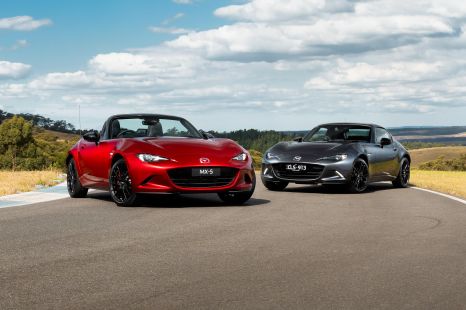

Derek Fung
Next-generation Mazda MX-5 will likely be a hybrid of some sort
4 Hours Ago

Journalist
Although it won’t be drawn on setting a date to go all electric, BMW believes it can handle any local prohibition on selling new cars with petrol or diesel engines.
“We will be ICE-ban ready. If a region, a city, a country gets the idea of banning ICEs, we have an offering,” said BMW CEO Oliver Zipse at a conference in the town of Nürtingen, just outside Stuttgart, Germany.
Earlier this year the European Commission filed a proposal that effectively bans petrol- and diesel-powered new cars, including hybrids and plug-in hybrids, from 2035.
It’s likely some jurisdictions will enact ICE bans earlier than that, with some European cities keen to limit access to town centres to EVs.
On a national level, Norway is targeting a 2025 phase out for new petrol and diesel cars sale. Thanks to the country’s mixture of incentives and generous tax breaks, 80 per cent of new car sales are currently pure electric cars and a further 10 per cent are plug-in hybrids.
Some analysts predict Norway could record zero ICE car sales as early as late 2022.
Commenting on an earlier-than-2035 ban on new ICE vehicles, Zipse said “the BMW Group is not worried about this”.
He also added, “Whether it’s a good idea is another question… but we will have an offering.”
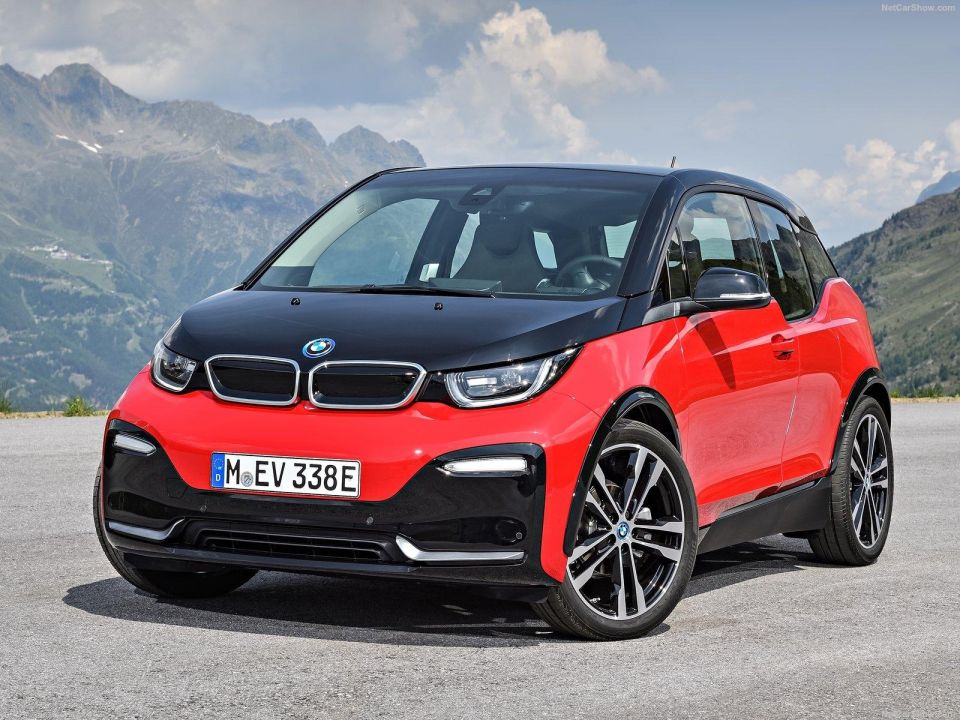
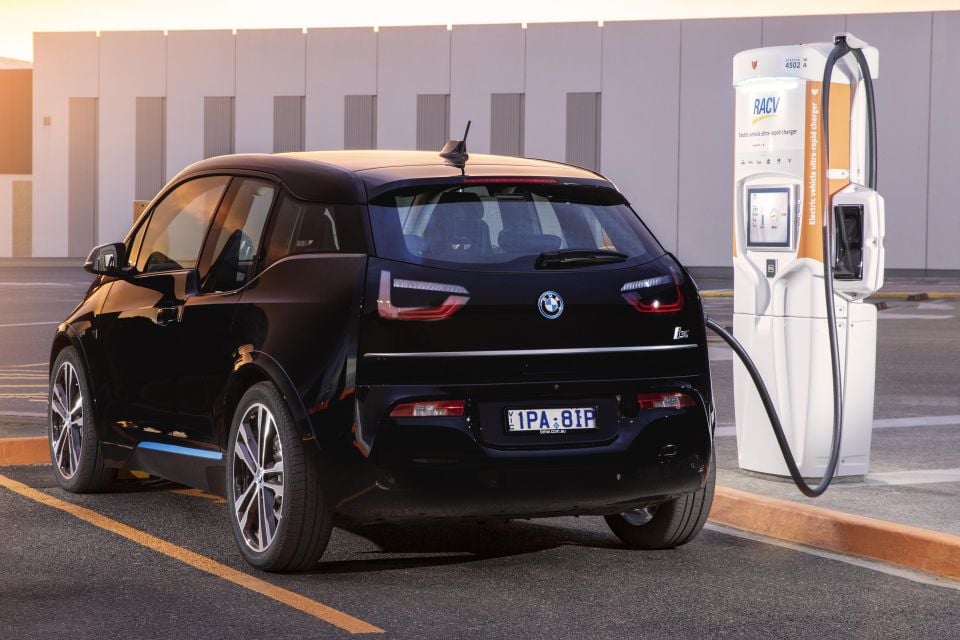
While BMW was an early leader in the field electrification when it launched the i3 electric hatch in 2013, it has fallen behind rivals such as the Volkswagen Group and Mercedes-Benz, both of which now have electric models based on dedicated EV platforms.
The company is now playing catchup with the X3-based iX3 crossover and i4 liftback, which is essentially a 4 Series Gran Coupe EV. Although the iX crossover is a dedicated EV, it uses the petrol and diesel CLAR architecture shared with all models from the 3 Series upwards.
BMW is also planning electric versions of the next-generation 5 Series and 7 Series, to be known as the i5 and i7, respectively, as well as the iX1 crossover.
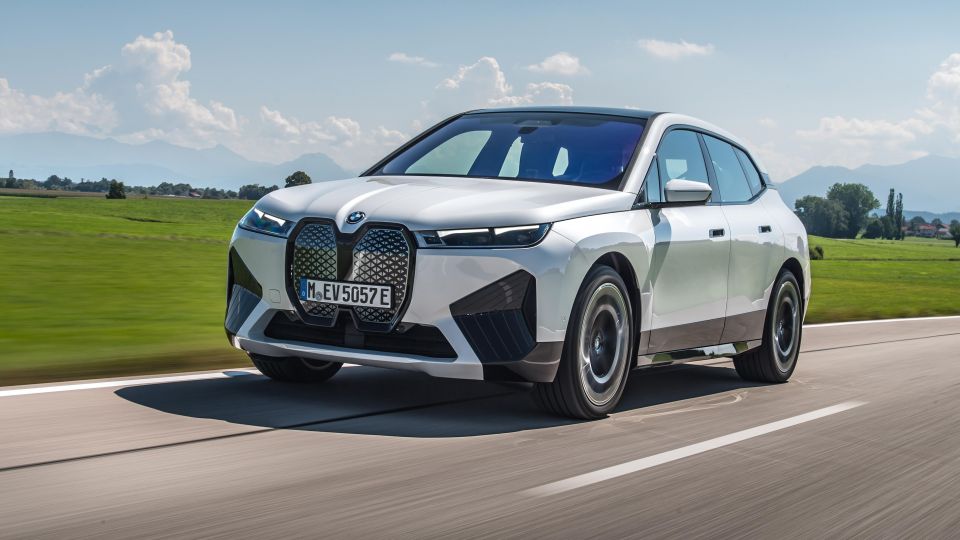
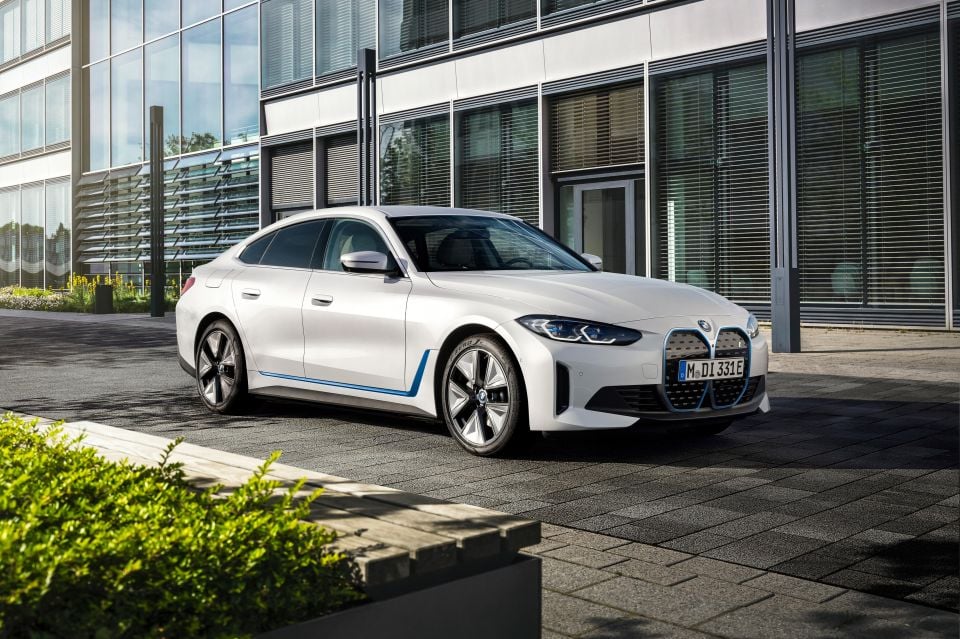
Although the company’s short term plans centre around rolling out electric versions of existing model lines, the Bavarian automaker is also investing in a dedicated EV-first architecture, which is dubbed Neue Klasse in a nod to the classic 1960s car line.
The first production Neue Klasse model isn’t expected to go on sale until 2025.
While the Neue Klasse platform is being designed around the needs of EVs, specifically battery and motor placement, it may also accommodate petrol engines.
Its German rivals have started announcing targets for going all electric, although they are a little squidgy. Mercedes-Benz, for instance, will be all EV by 2030 “where market conditions allow”, and Audi will be all electric, all the time come 2033, except in China, one of the brand’s biggest markets.
BMW, on the other hand, has been reluctant to make a similar pronouncement, simply saying it expects 50 per cent of all sales to EVs by 2030.
Go deeper on the cars in our Showroom, compare your options, or see what a great deal looks like with help from our New Car Specialists.
Derek Fung would love to tell you about his multiple degrees, but he's too busy writing up some news right now. In his spare time Derek loves chasing automotive rabbits down the hole. Based in New York, New York, Derek loves to travel and is very much a window not an aisle person.


Derek Fung
4 Hours Ago
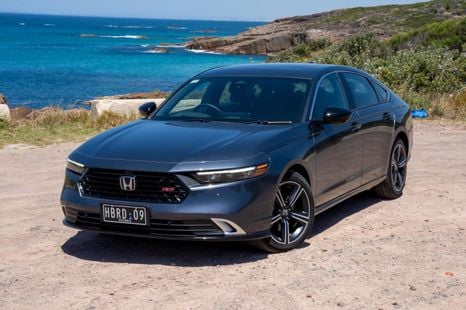

Andrew Maclean
11 Hours Ago
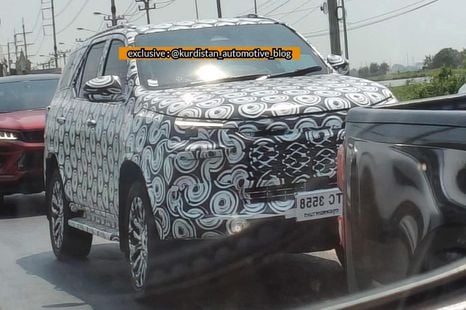

Damion Smy
17 Hours Ago
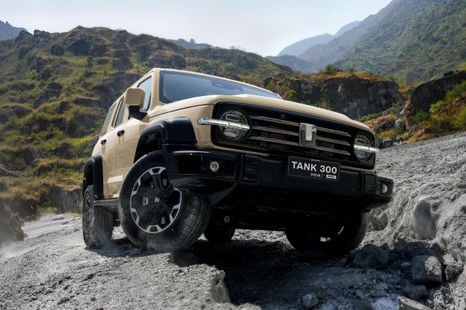

William Stopford
17 Hours Ago
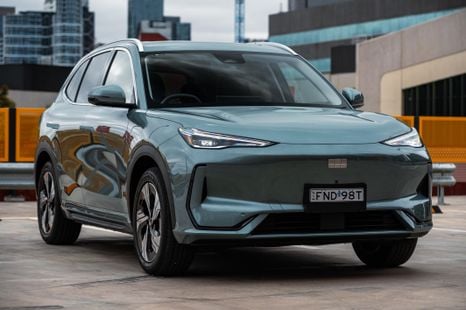

William Stopford
20 Hours Ago
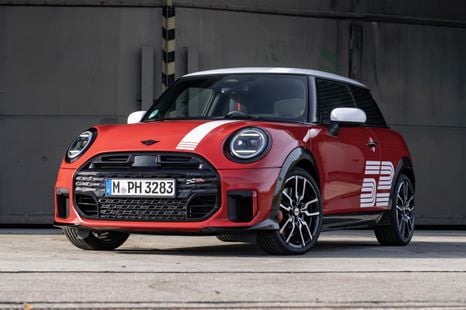

Max Davies
20 Hours Ago
Add CarExpert as a Preferred Source on Google so your search results prioritise writing by actual experts, not AI.